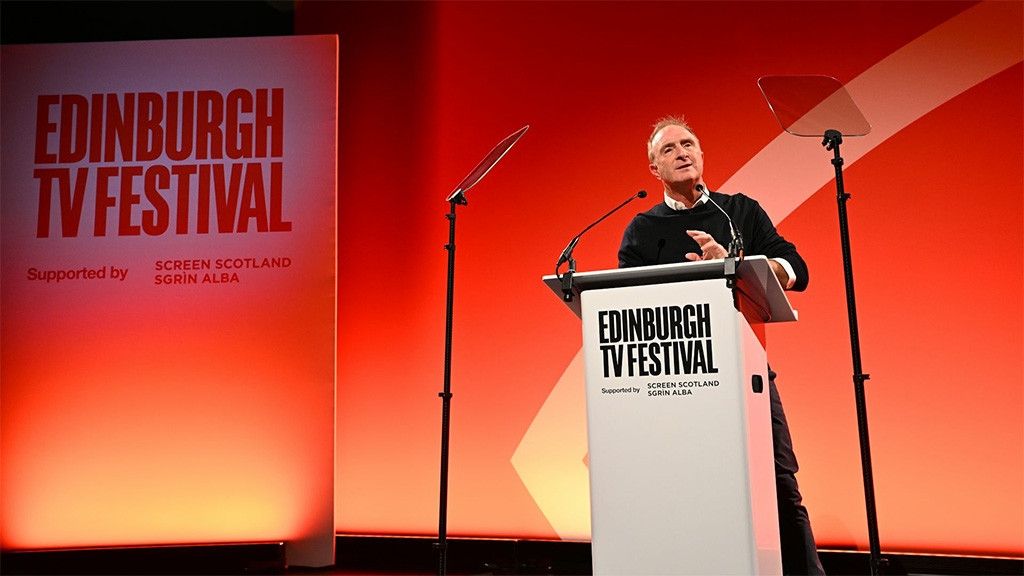At the Edinburgh TV Festival, the 50th annual MacTaggart lecture was presented by James Harding, a former director of news and current affairs at the BBC, previously editor of The Times, and now editor-in-chief of the Observer, recently acquired by Tortoise Media, which he co-founded. The lecture provided the customary paean in praise of the importance of the BBC as a public service, with a warning of the dangers of dependence on politicians to determine key appointments, its funding and even its future.
“The BBC is the most important source of information in this country and, I’d argue, around the world,” he said. “If we want to build confidence in shared facts and respect for the truth we need to establish the independence of the BBC.” He argued the need to “put it beyond the reach of politicians, to resource it properly and to open it up.”

Currently, the BBC chair is effectively appointed by the Prime Minister, half the non-executive directors on the board are chosen by the government, and the Chancellor effectively sets the budget.
As the renewal of the BBC Charter approaches, its survival is at stake.
“It’s extraordinary, when you think about it, that if Parliament chooses not to renew the Royal Charter in 2027, the BBC will cease to exist,” he said. This is different to universities and other organisations that are established by charter in perpetuity. “The BBC, which politicians can’t help but keep on a leash, is, in effect, on a 10-year contract.”
The warnings are evident from the United States, where funding for public broadcasting has been cut and international services closed.
“What’s happened in the US is, as likely as not, going to happen here,” he warned. “We have to address this now.”
Political interference in the BBC, and the perception of a political presence looming over it, is a familiar concern.
According to the former BBC executive, the chair and board of directors should be chosen by the board itself. The charter should be open ended, rather than a ten-year term. The licence fee, or any future funding arrangement, should be determined by an independent commission that impartially advises government and is scrutinised by parliament.
“BBC independence means giving it the resources it needs. Not freezing its funding yet again, but doubling down,” he said. “We’re at the beginning of a new information age, if we want it to be truly creative, innovative and competitive globally, we can’t short-change the BBC again.”
The former director of news and current affairs argued that news should be opened up, presumably to organisations like the one he represents.
“Imagine a BBC that thinks of itself more as the People’s Platform as well as a Public Service Broadcaster, one that’s home to more varied thinking but holds true to standards of truth and accuracy, diversity of opinion and fair treatment of people in the news.”
He recommends further opening of news and current affairs to outside producers, setting aside a fund for independent reporting in the public interest, and offering access to a wider range of voices.
Recalling the lyrics of a Joni Mitchell record from 1970, shortly after he was born, he said: “Don’t it always seem to go, that you don’t know what you’ve got till it’s gone.”
He ended with a final story that has previously been told by BBC correspondent Jon Sopel about an attempt to engage the youth audience by sending a reporter out onto the street to get vox pop interviews, saying they were from the BBC Six O’Clock News, holding up a record and asking teenagers if they knew what it was. “Yeah, it’s a record. What’s the Six O’Clock News?”
